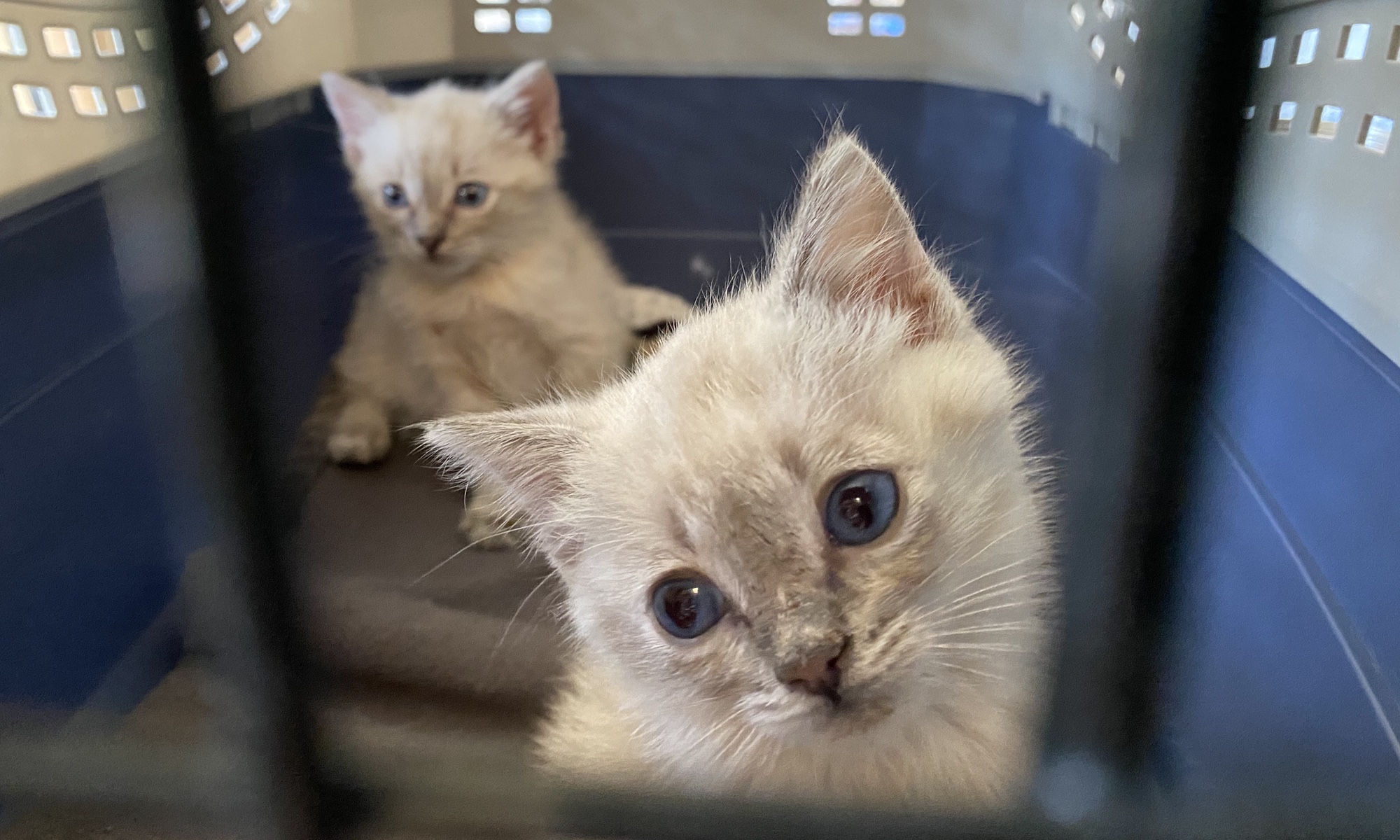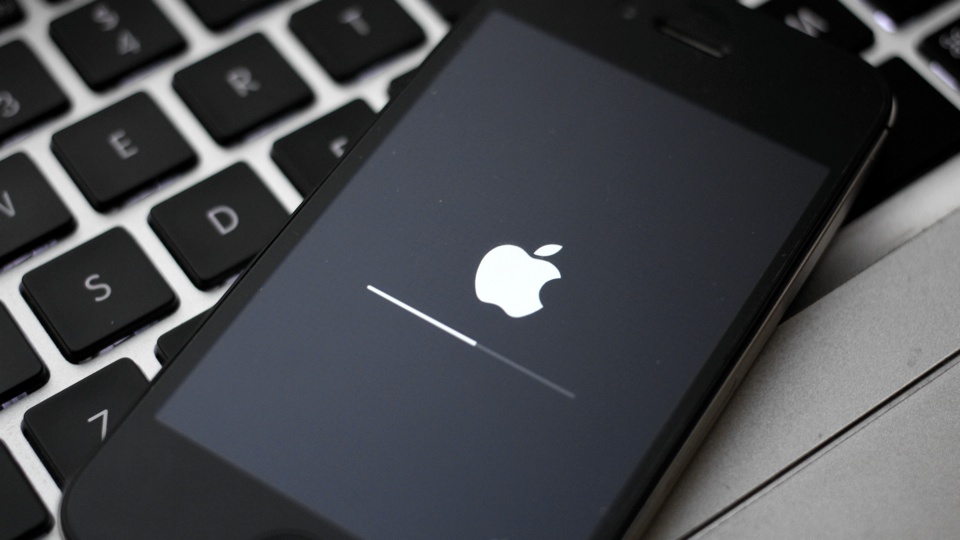The Seventeenth episode of Angry Birds Toons has arrived. “Crash Test Piggies” is now playing at Angry Birds App on your Android and iOS devices. There are a lot of piggies on this one.

Stay tuned for next week’s episode.

Celebrating 20 years of Nonsense, Powered by Natural Intelligence.
The Seventeenth episode of Angry Birds Toons has arrived. “Crash Test Piggies” is now playing at Angry Birds App on your Android and iOS devices. There are a lot of piggies on this one.

Stay tuned for next week’s episode.
Rovio has just updated the original Angry Birds game with new 15 levels of Red’s Might Feathers.
The #1 app of all time gets a fun new update! You may be an expert pig popper, but how will you cope with a moving target? One bird stands between the egg and the advancing pig army in the all-new Red’s Mighty Feathers episode. The fearless Red Bird faces wave after wave of Bad Piggies in their crazy contraptions. But wait! He now has some magic feathers from the Mighty Eagle himself – giving Red incredible new powers as he darts toward those pesky pigs at incredible speed!
Fun new gameplay – the Egg Defender mode gives Red special powers to attack the advancing pigs!
15 new levels – the latest Red’s Mighty Feathers episode brings fresh new challenges!
73 crazy pig contraptions – wave after wave of Bad Piggies edging closer in their wacky machines!


Sixteenth episode of Angry Birds Toons titled “Double Take” is now playing at the nearest Angry Birds game. Spoiler, it features Matilda, The Blues, The Eggs and The Gigs.

Stay tuned for next episode.
It is a simple Hello.

Fifteenth episode of Angry Birds Toons titled “Trojan Egg” is now playing at the nearest Angry Birds game. Spoiler, it features King Pig and The Pigs.

Next episode is titled “Double Take” featuring The Pigs; déjà vu.
So you want to install iOS 7 beta on your iPhone. Here are some advise I can give you:

Apple posts its official response regarding U.S. Government’s “Prism” program.
Apple’s Commitment to Customer Privacy
Two weeks ago, when technology companies were accused of indiscriminately sharing customer data with government agencies, Apple issued a clear response: We first heard of the government’s “Prism” program when news organizations asked us about it on June 6. We do not provide any government agency with direct access to our servers, and any government agency requesting customer content must get a court order.
There’s the “direct access” phrase again.
Like several other companies, we have asked the U.S. government for permission to report how many requests we receive related to national security and how we handle them. We have been authorized to share some of that data, and we are providing it here in the interest of transparency.
Here we go.
From December 1, 2012 to May 31, 2013, Apple received between 4,000 and 5,000 requests from U.S. law enforcement for customer data. Between 9,000 and 10,000 accounts or devices were specified in those requests, which came from federal, state and local authorities and included both criminal investigations and national security matters. The most common form of request comes from police investigating robberies and other crimes, searching for missing children, trying to locate a patient with Alzheimer’s disease, or hoping to prevent a suicide.
De-emphasizing the surveillance on the individuals.
Regardless of the circumstances, our Legal team conducts an evaluation of each request and, only if appropriate, we retrieve and deliver the narrowest possible set of information to the authorities. In fact, from time to time when we see inconsistencies or inaccuracies in a request, we will refuse to fulfill it.
Let’s say that we have dealt with Apple in requesting informations on stolen Apple Products.
Apple has always placed a priority on protecting our customers’ personal data, and we don’t collect or maintain a mountain of personal details about our customers in the first place. There are certain categories of information which we do not provide to law enforcement or any other group because we choose not to retain it.
OK…..
For example, conversations which take place over iMessage and FaceTime are protected by end-to-end encryption so no one but the sender and receiver can see or read them. Apple cannot decrypt that data. Similarly, we do not store data related to customers’ location, Map searches or Siri requests in any identifiable form.
So, use FaceTime and iMessage instead of SMS and phone calls on the iPhone.
We will continue to work hard to strike the right balance between fulfilling our legal responsibilities and protecting our customers’ privacy as they expect and deserve.
Apple will response to judge-signed-warrants.
